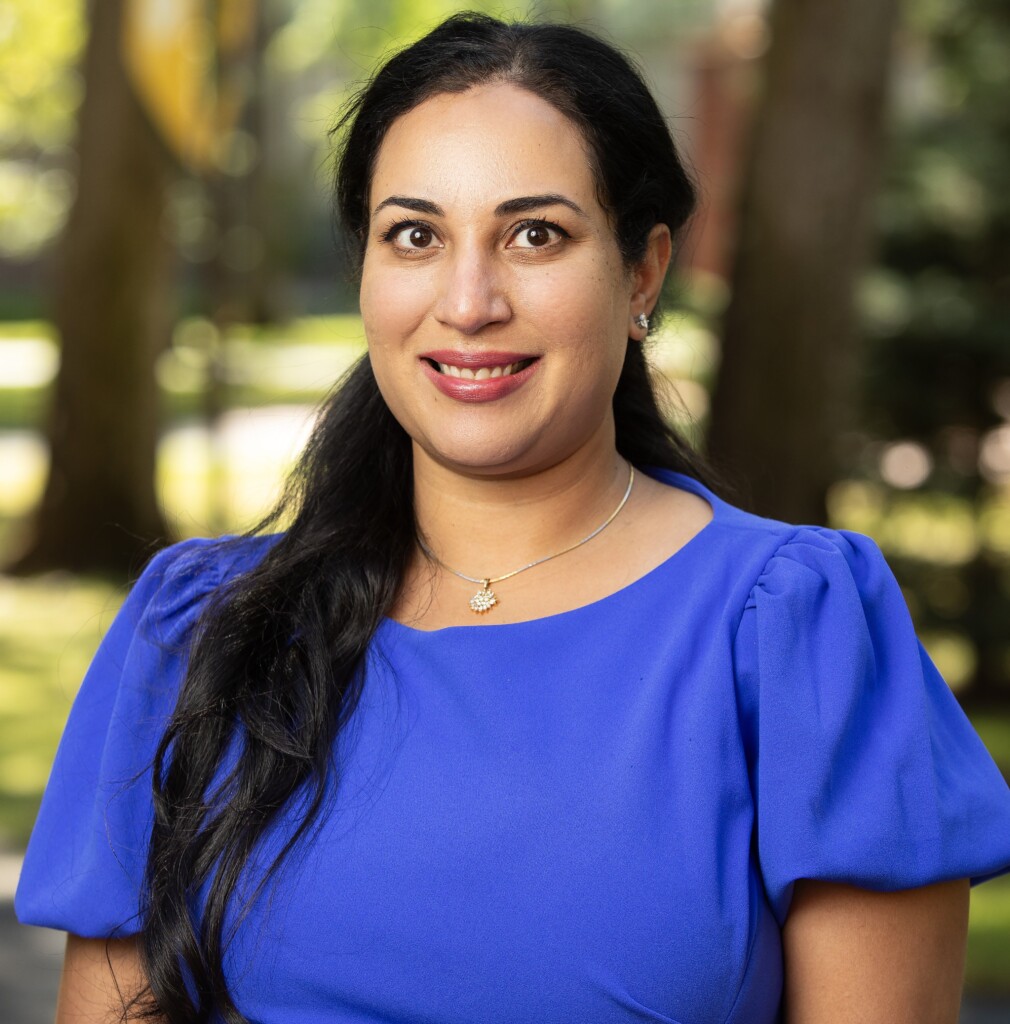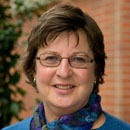Page 36 • (1,536 results in 0.016 seconds)
-
This College Prep 101 webinar series – led by our admission experts – is designed for you to feel confident going into your college search and make sure you're putting your best self forward in
important? Will a bad grade in one class ruin your chances of getting into your dream college? And what helps you as an applicant stand out from the crowd? If you are curious how to land in the ‘yes’ pile, then this webinar is for you! REGISTER FOR WEBINAR The College Essay: Writing with ConfidenceThursday, September 19, 6:30-7:00pm PTDoes a college essay really make a difference? Absolutely! But the hardest part is often deciding where to start and what to write about. We will cover how to pick a topic
-

Visiting Assistant Professor of English | Department of English | dks@plu.edu | 253-535-7808
Devina Sindhu Visiting Assistant Professor of English she/her/hers Phone: 253-535-7808 Email: dks@plu.edu Office Location: Hauge Administration Building - 222-D Professional Education Ph.D., Comparative Literature, University of Oregon, 2024 M.A., English and Comparative Literature, San Diego State University, 2012 B.A., English, University of California, Irvine, 2007 Areas of Emphasis or Expertise Decoloniality Post-1945 Global Anglophone Literature Writing by and about Women Literature and
-
Writing KELLI RUSSELL AGODON (MFA, 2007) Poet/Writer, and Cofounder of Two Sylvias Press Faculty member, PLU’s Creative Writing MFA program How did your English major establish a foundation for your career path? Being an English major provided me with job opportunities not just in small indie presses, but also in large corporations, as well as roles focused on websites and tech jobs. Given that so much content is being read nowadays, companies are seeking English majors for a variety of
-

Following Dr. Pauline Shanks Kaurin’s recent publication in Newsweek, PLU’s Philosophy Department Chair sat down with me to discuss her article’s reception, the role of Twitter in philosophical discourse, and how philosophers of the modern day relate to the public. The article, originally published by…
negative reactions she received, Dr. Shanks Kaurin is still willing to engage with a broader audience online. In widening her audience to Newsweek readers, Dr. Shanks Kaurin considers the accessibility of philosophical writing. “I think academic philosophy is filled with bad writing,” Dr. Shanks Kaurin says, “[Philosophers] are writing to just a few other people and there’s a lot of jargon.” But Dr. Shanks Kaurin is careful to not fall into that trap. She says, “I try to aim for a well-educated, lay
-
PLU's First-Year Experience Program has three learning outcomes integrated throughout the curriculum (including curricular and co-curricular activities).
FYEP Programmatic Learning OutcomesPLU’s First-Year Experience Program has three learning outcomes integrated throughout the curriculum (including curricular and co-curricular activities). Literacy Students will be able to demonstrate habits of reading and writing, across multiple literacies, including written literacy, disciplinary literacy, and information literacy. Critical Inquiry Students will learn how to ask and answer questions from multiple perspectives. Students will identify and
-
The Innovation Studies minor offers courses from 10 different academic units, making the program highly flexible. For scheduling purposes, the following 4-year course plan lists the availability of core courses that satisfy the Intro, Principles, and Seminar requirements, including HIST/COMA/PHIL 248 (Innovation Ethics and Society), HIST 121 (History in Video Games), HIST 346 (History of...
to Microeconomics), ARTD 110 (Graphic Design I), COMA 215 (Writing in Careers), and INOV 350 (Innovation Seminar).
-
Library circulation and reference desk. IT Help Desk. Lute Lending Library. Center for Student Success. Academic Assistance. Digital Media Center. Reference collection. Microfilm machines.
consultation lab. Writing Center. Study rooms. Third FloorBooks and journals on Philosophy, Psychology, Religion, American and World History, Geography, Anthropology, and Social Sciences. Archives and Special Collections. Study rooms. Student Lockers. Testing Center.
-
The interpretation of the Constitution, Bylaws, and faculty legislation shall in the first instance be entrusted to the Governance Committee.
decision of a case. Decisions of the Governance Committee are final and binding upon the faculty. Each decision shall be communicated in writing to the president of the university, the faculty secretary, and the party or parties responsible for referral of the case. The president of the university shall promptly refer each decision to the Board of Regents or an authorized committee of the Board. Section 2. A decision of the Governance Committee may be reviewed by the Board of Regents or an authorized
-

Associate Professor of Norwegian and Scandinavian Area Studies | Peace Scholars | berguscj@plu.edu | 253-535-7512 | Why do you serve on the Peace Scholars Committee? Our global society needs young adults who not only want to make the world a better place, but are educated to contribute with knowledge, skills and insight gained from experience.
, "Enrollment and Retention of Norwegian Language Students" (2010) Society for the Advancement of Scandinavian Study National Conference, "Sigrid Undset’s Writing in Exile" (2009) Society for the Advancement of Scandinavian Study National Conference, "Home on the Frontier?: A Norwegian Immigrant’s Travel Writing" (2008) Society for the Advancement of Scandinavian Study National Conference, "Facing East, Facing West: Signifying the Borderland in Immigrant Literature" (2007) Selected Articles "Brev og en tom
Area of Emphasis/Expertise -
Preparation for law school at PLU is an advising system rather than a curriculum of prescribed major/minor or otherwise organized courses.
, and coursework aimed at developing intellectual skills and resources apt to generate success in legal study and practice. Recent successful PLU applicants to law schools have taken such diverse courses as those in the anthropology of contemporary America, social science research methods, American popular culture, English Renaissance literature, news writing and argumentation, recent political thought, international relations, freelance writing, intermediate German, animal behavior, neuropsychology
Do you have any feedback for us? If so, feel free to use our Feedback Form.


